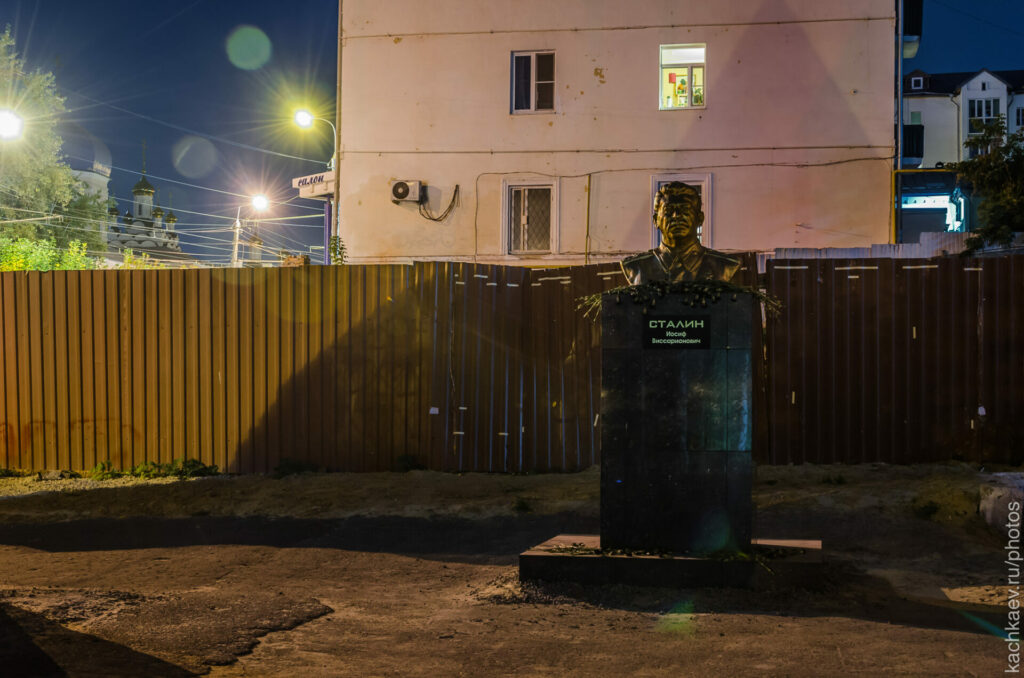On the occasion of the 80th Anniversary of the Soviet Union’s victory at the Battle of Stalingrad, a new monument to Soviet dictator Josef Stalin was unveiled in the southern Russian city of Volgograd on Wednesday.
The bust was installed near the Battle of Stalingrad Museum, alongside the bust of other important Second World War marshals Zhukov and Vasilevsky.
Once shunned from Russian history for his oppressive rule, in which over 20 million Soviet citizens died, Stalin's image has been largely appropriated by Kremlin talking heads and media pundits. On the domestic front, officials repeatedly portray the invasion of Ukraine as a war against "Nazism".
Contesting history
Putin has repeatedly evoked the Soviet Union’s victory over fascist Germany when framing his campaign in Ukraine. In 1932-1933, Stalin oversaw a man-made famine in Soviet Ukraine which killed millions of Ukrainians. On 15 December 2022, the European Union officially recognised this event as a “genocide.”
Russian authorities have protected Stalin’s legacy, downplaying the incident and rejecting claims that the Holodomor was a man-made incident targeted at Ukraine.
In 2021, Russians named Stalin as the most “outstanding” figure of all time, voted for by 39% of respondents. A 2019 poll conducted by independent pollster Levada Centre revealed that a record 70% of Russians approved of the figure’s role in Russian history. In 2016, this figure was just 54%.
Related News
- Flemish military sector turbocharged by war in Ukraine
- EU officials warn Ukraine of 'no shortcuts' to Union membership
This is the second monument to Stalin unveiled in Volgograd in recent years. On the anniversary of Stalin’s birth in 2019, a two-metre bust was erected near the local Communist Party headquarters.
President Putin is expected to visit the city of Volgograd on Thursday. He will likely take part in commemorative events to mark the 80th anniversary of the crucial battle.
In preparation for the event, the city of Volgograd was allegedly pre-emptively changed back to Stalingrad on road signs. Yet Kremlin spokesperson Dmitry Peskov disputes this, stating that the name change could not be verified.

